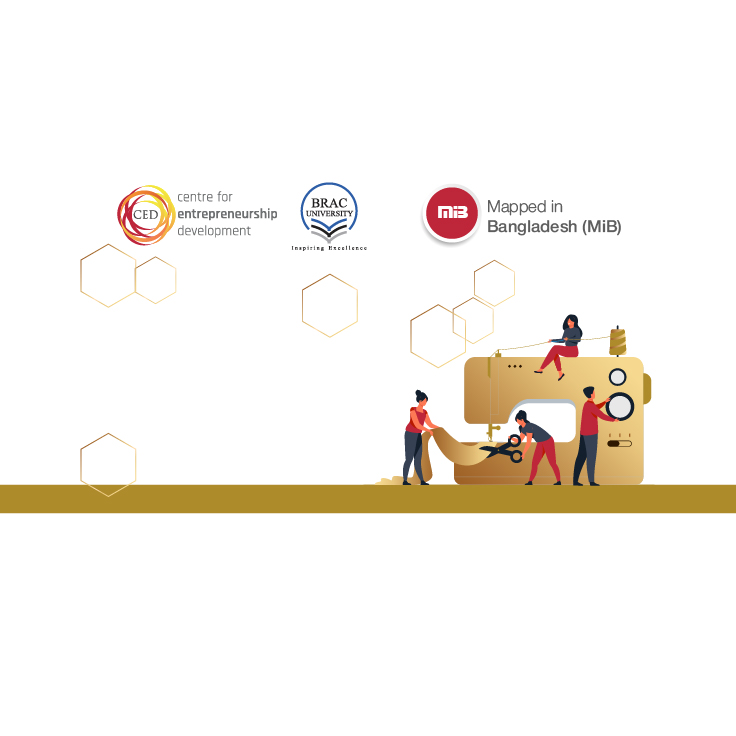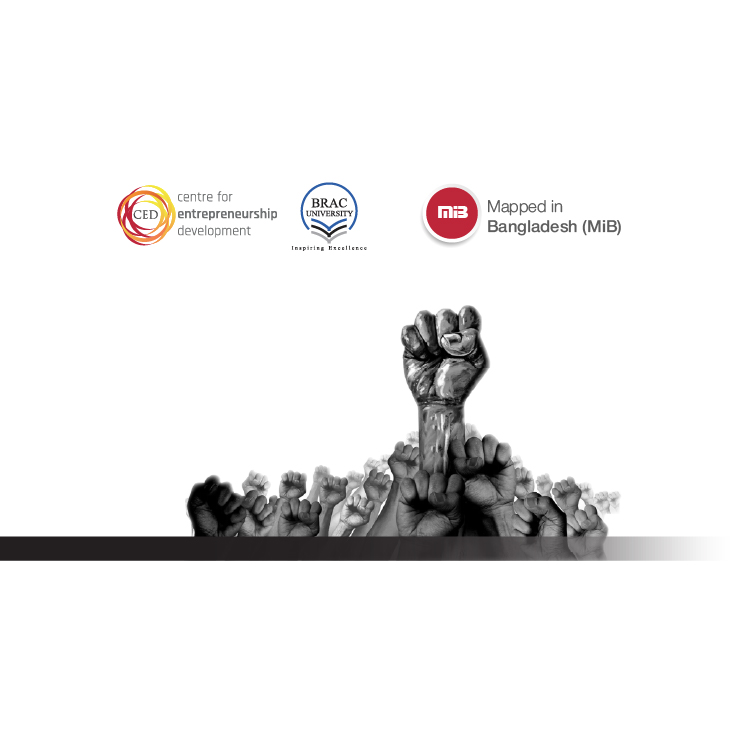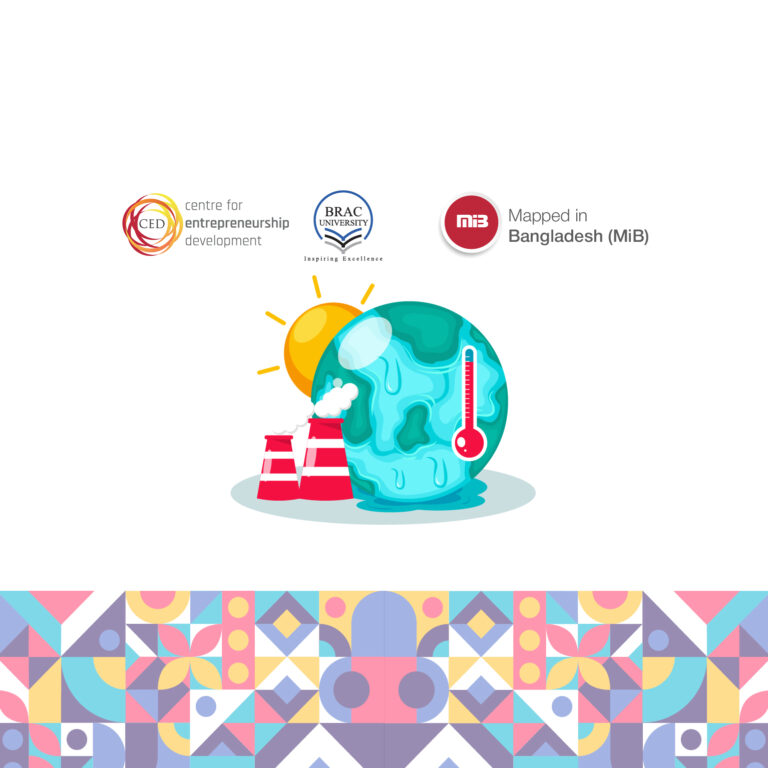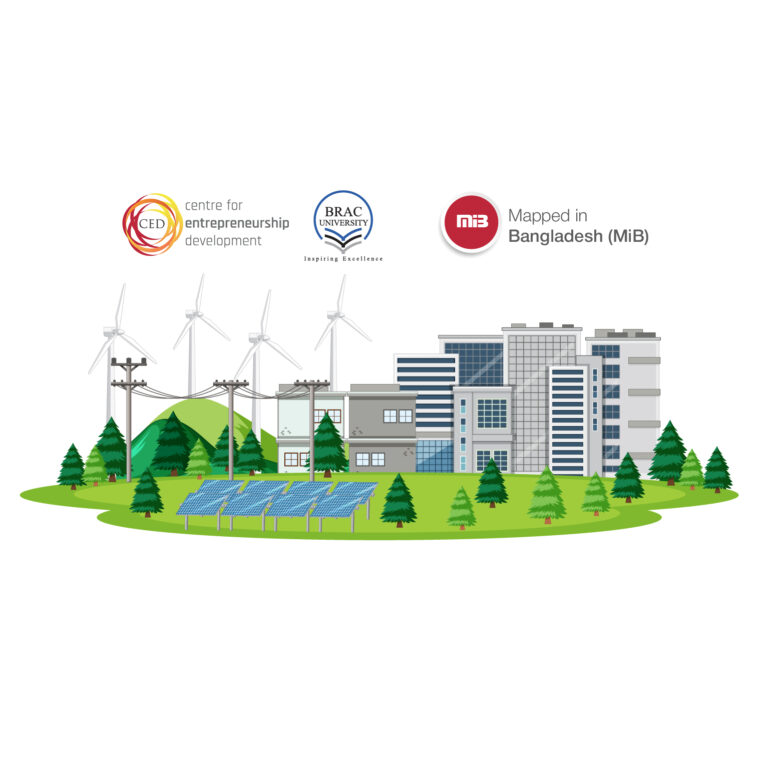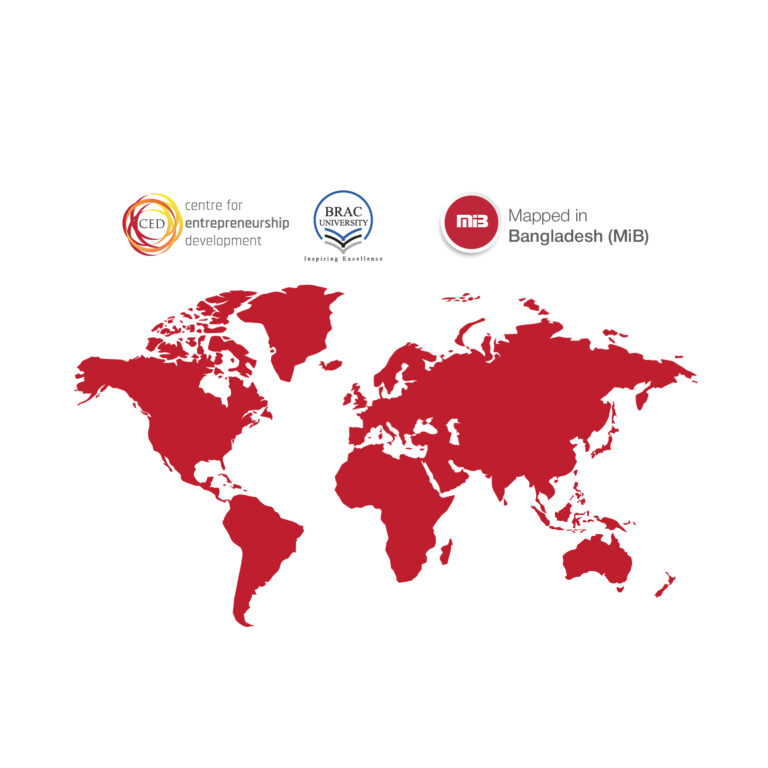Monitoring brands’ purchasing practices in Bangladesh
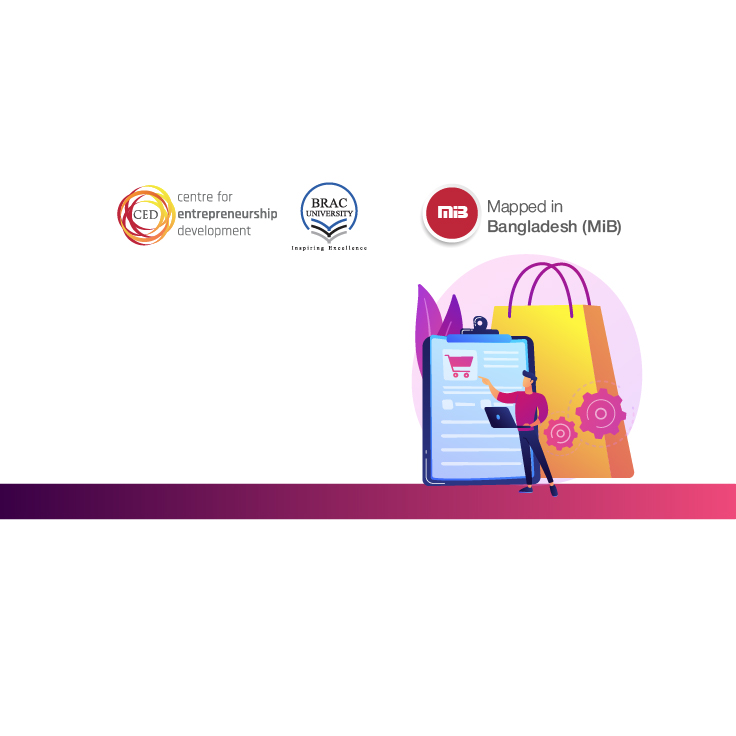
Background
In May 2024, Business & Human Rights Resource Centre (BHRRC) launched its Who pays for the crisis? portal, which used various tools to monitor labour rights concerns linked to brands purchasing practices. This work was specifically in response to frequent calls from BHRRC’s partners, who have been experiencing the impacts of mass factory closures around the world, due to brands shifting orders or reducing prices in response to the economic downturn, political unrest and natural disasters.
The portal aims to provide BHRRC’s partners with data to contextualise the organisation’s monitoring of these trends, and includes features such as:
- a map monitoring media coverage related to purchasing practices
- identification of key hotspots where concerns are being raised globally
- an allegations tracker which logs in detail specific cases in garment and footwear factories where brand purchasing practices have been linked to labour rights concerns, wage theft and layoffs
- BHRRC’s rapid response mechanism, tracking outreach to brands sourcing from regions impacted by crises and outlining how they are ensuring their purchasing practices in the region are not harming or impacting workers
The Challenge
In BHRRC’s monitoring of purchasing practices amid increased supply chain shocks around the world, garment workers in Bangladesh have been identified as a key group that have been negatively impacted by brand purchasing practices during times of crisis in the past year. The global economic downturn, inflation, mass protests due to the non-payment of the minimum wage increase, a gas crisis triggered by Cyclone Remal which destroyed one of the two floating LNG terminals in the Bay of Bengal, flooding, and political unrest have all been contributing factors to these negative impacts on workers.
These events have all led to challenges in sourcing from the country. Alongside workers and their representatives in Bangladesh, the BHRRC undertook outreach to key international fashion brands sourcing from Bangladesh using their Rapid Response Mechanism; asking specific questions regarding their purchasing practices during these periods and how they had worked with suppliers to ensure that wages continued to be paid. This was done in collaboration with their partners on the ground, including BCWS.
However, in order to do this, BHRRC needed to identify the key brands sourcing from Bangladesh, a datapoint that they initially struggled to find.
The Solution
MiB’s data showing which brands source from specific factories was the basis for BHRRC’s outreach. This enabled BHRRC to swiftly identify key brands sourcing from factories in Bangladesh, enabling a rapid and straightforward response to the situation, in alignment with BHRRC’s partner requests. It also enabled BHRRC to reach out to brands sourcing high volumes from the country and who subsequently have both more leverage to ensure that worker livelihoods were protected at times of unrest, and that volume orders and purchasing practices remain stable.
The Result
BHRRC’s outreach to these key brands meant they were able to respond swiftly to these emerging crises.
In particular, their outreach amid the political unrest and gas crisis regarding brand purchasing practices received significant media attention globally, with this section of the Portal being the most visited section of their website. Moreover, BHRRC received a 100% response rate from the brands contacted. These brand responses were published swiftly on their website, allowing BHRRC and their partners to monitor brands’ written commitments versus the practices of these brands reported by those on the ground.
In some cases, brands reported positively in regard to their own purchasing practices, but partners found evidence that demonstrated otherwise. Having this information public emphasises the importance of conducting this work to increase corporate accountability and provide informa- tion on the public record to be used by all stakeholders on the impact of the supply chain shocks, and how brands are responding in real time, in relation to their sourcing practices.
Testimonial
Thanks to Mapped in Bangladesh, in times of crisis, we are able to easily identify key brands related to those regions and factories where workers are most affected, and take action in solidarity with those on the ground.
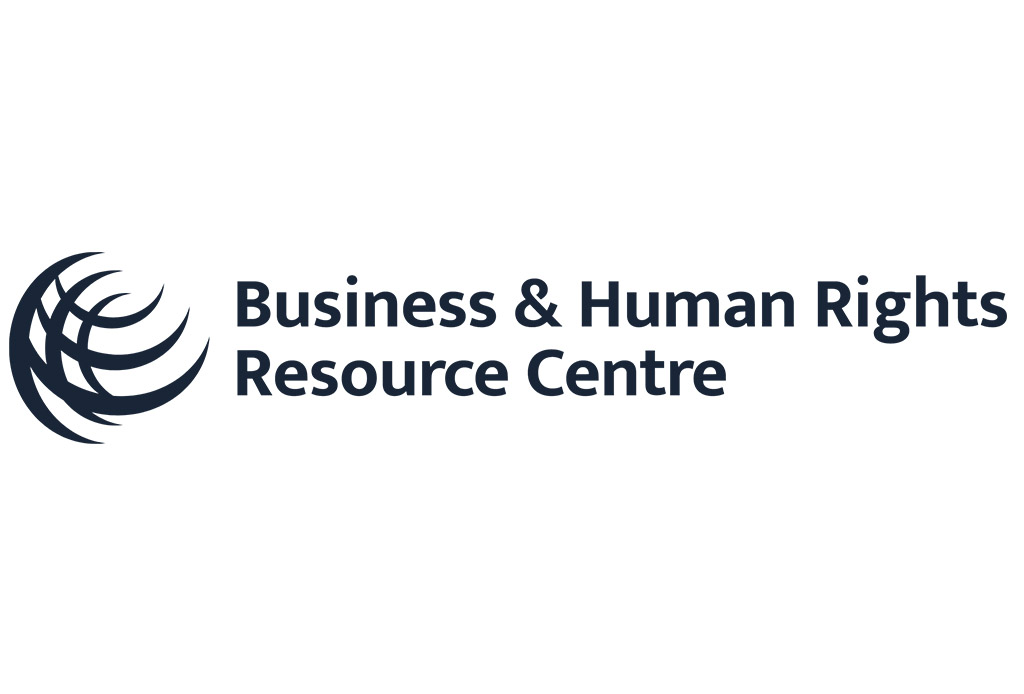
Implemented by
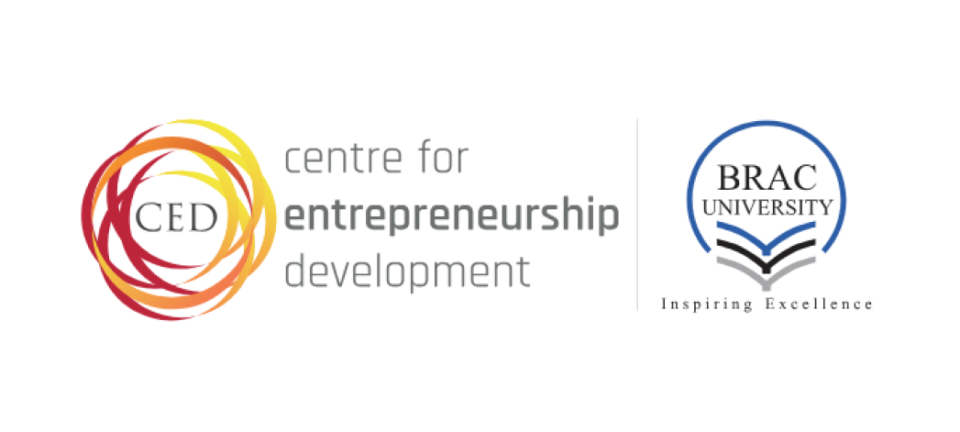
Funded by

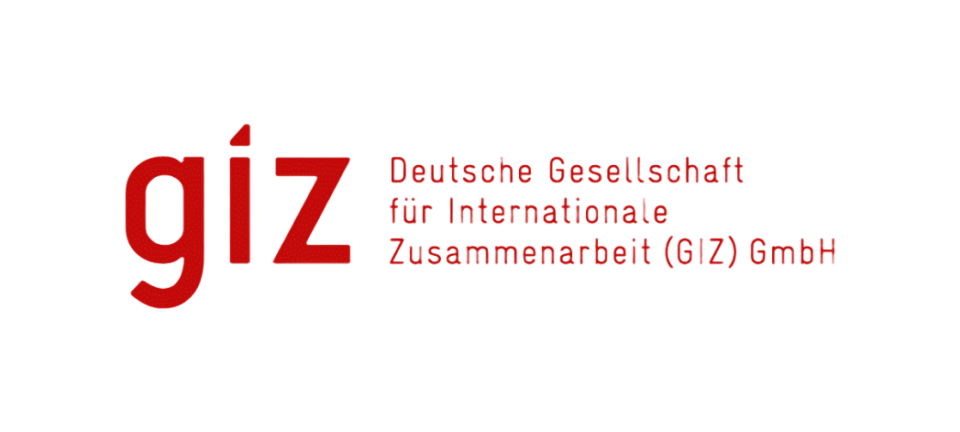
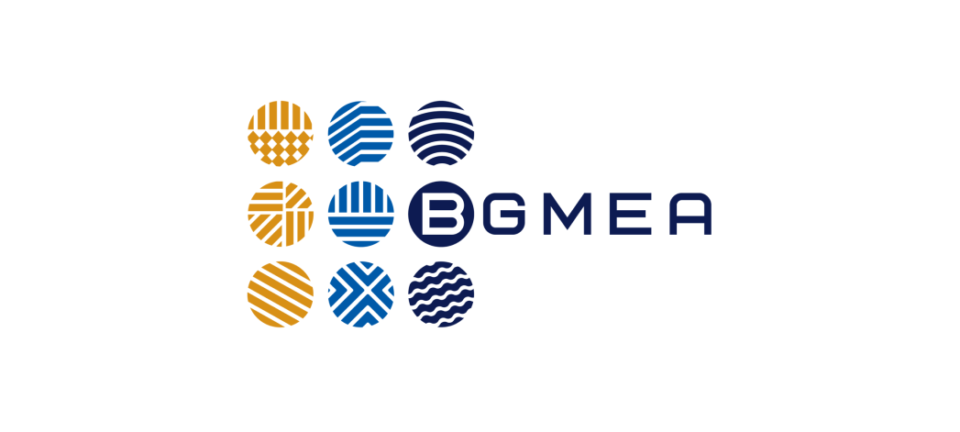
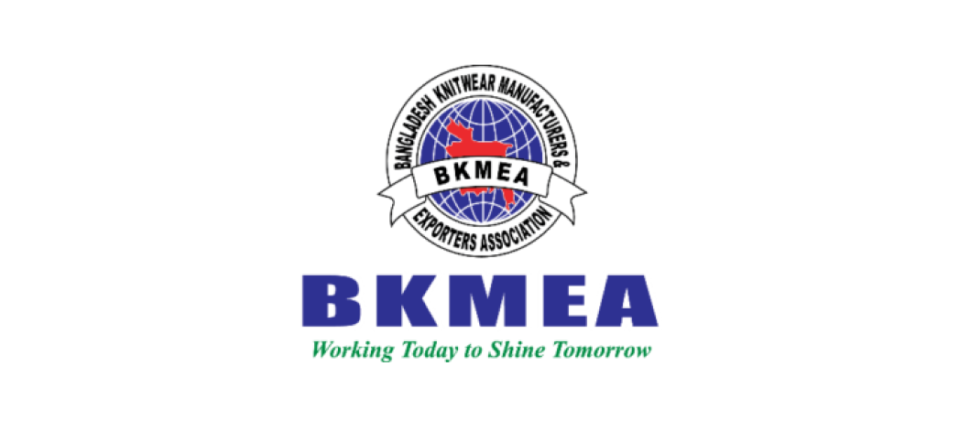
Latest Case Studies
Read the case studies and updates from the MiB team.

